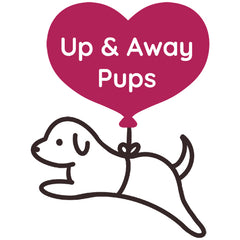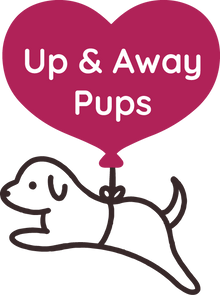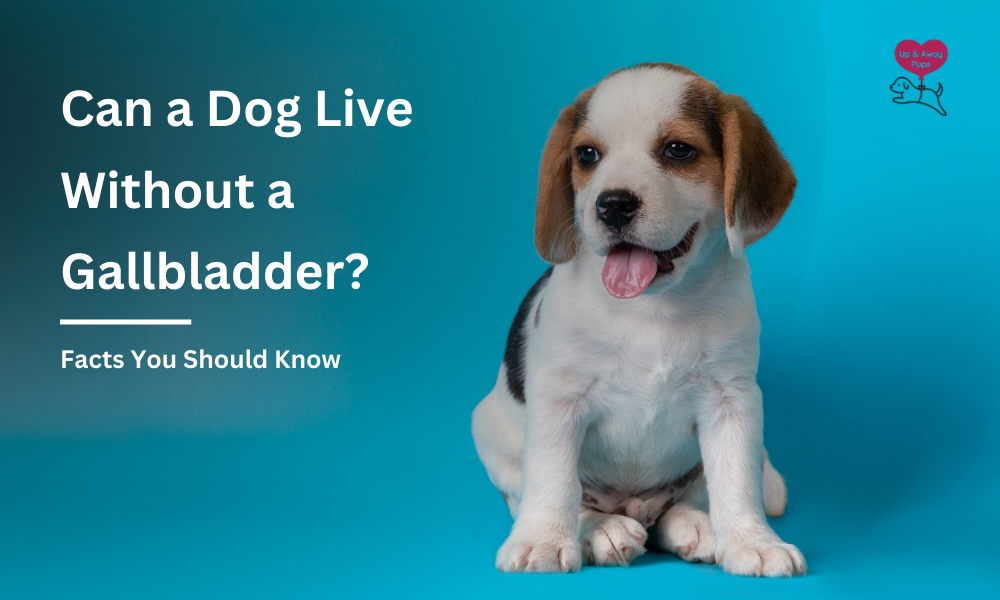Can a Dog Live Without a Gallbladder? Facts You Should Know
Dogs are remarkably resilient, even when living without a gallbladder. This small organ stores bile to aid fat digestion, but when removed, the liver still produces bile, though less efficiently. Dogs may need diet adjustments, especially low-fat meals, and smaller, frequent feedings during recovery. Signs of gallbladder issues include vomiting, abdominal pain, weight loss, and lethargy. With surgery, proper diet, hydration, and veterinary care, most dogs adapt well and live long, healthy lives. Regular check-ups and mindful weight management further support recovery.
Dogs are remarkably resilient animals. The domestic dog, the loyal companion we know and love, has been by our side for at least 14,000 years according to estimates. That means they have shared not only our homes but also many of our health challenges for thousands of years.
Take the gallbladder, for example. You have probably heard of a friend or relative who had theirs removed and continued living a normal life afterward. Dogs are no different. They too can survive without a gallbladder. But just like in humans, the process is not always simple, and there are important considerations to keep in mind.
In this post, we will explore what it means for a dog to live without a gallbladder and what owners should know.
The Gallbladder in Dogs
The Gallbladder in dogs works similarly to the way it does in us humans. In dogs, it is a small, sac-like organ which is located right underneath the liver. Its primary job is to store bile, which is a fluid made by the liver that helps digest fats. So, when your dog eats a big, fatty meal, the gallbladder squeezes and releases bile into the small intestine which helps break down this meal. This helps the body absorb nutrients from it properly.
Without a working gallbladder, a dog can still digest food because the liver makes bile, but the process is less efficient. Dogs might have trouble with fatty meals and could experience digestive upset if the gallbladder isn’t functioning well.
Quick Way to Think About It
The gallbladder is like a little storage tank for bile. It holds what the liver makes until your dog eats, then delivers it to help digest the food.
Signs That Your Dog’s Gallbladder is Having Issues
Gallbladder issues aren’t particularly common, so it isn’t something they teach you in puppy care 101. However, if your pup does experience gallbladder issues, the signs are quite noticeable.
Issues with the gallbladder will result in your pooch having abdominal pain, they’ll refuse to eat and start to lose weight, vomit, have a high fever and be more lethargic than before. To put it in a nutshell, if your dog starts to act differently than usual, consider taking them to the doctor for a diagnosis
Sometimes a dog’s gallbladder can run into trouble. It might get blocked, which makes it hard for bile to flow and for your pup to digest food properly. Other times, the gallbladder can become enlarged, filled with too much cholesterol, or develop inflammation, disease, or even tumors. Any of these issues can affect digestion and your dog’s overall health.

Looking for a Healthy, Happy Puppy?
Our puppies are raised with love and care, ready to bring joy to your home. Explore our available puppies and find your perfect companion today. Reserve yours now!
Browse Our Available PuppiesCan a Dog Live Without a Gallbladder?
The short answer is yes. Dogs can survive without a gallbladder, but there are important considerations for both the dog and the owner. Just like humans, the gallbladder is not absolutely essential for life. The liver still produces bile, and it can slowly trickle into the small intestine even without a storage sac. However, the absence of the gallbladder means bile is released continuously rather than on demand, which can affect how efficiently your dog digests fatty foods.
Some dogs adapt quickly and resume normal eating habits within a few weeks after gallbladder removal. Others may experience digestive changes for months, especially if they are fed rich or fatty meals. Owners often need to modify their dog’s diet temporarily, using low-fat or easily digestible foods to help their pup adjust.
Why a Gallbladder Might Be Removed
Gallbladder removal, medically called a cholecystectomy, is usually done when there is a serious problem. Common reasons include gallbladder blockage, gallstones, infection, inflammation, or tumors. Sometimes, bile leaks or gallbladder rupture can put a dog’s life at risk, and surgery becomes the only option.
After surgery, veterinarians typically monitor the dog’s recovery closely. Blood work, ultrasounds, and physical exams ensure the liver is functioning properly and that bile is flowing correctly into the intestines. Most dogs do very well after recovery and can live a full, happy life.
Recovery and Diet Changes
The first few weeks after gallbladder removal are critical. Dogs may need a diet that is low in fat to avoid digestive upset. Fatty meals can be harder to digest without the gallbladder, leading to loose stools, diarrhea, or vomiting.
Many vets recommend splitting meals into smaller portions throughout the day rather than giving one or two large meals. This helps the liver release bile gradually and prevents overwhelming the digestive system. Over time, some dogs can handle more normal meals, though it is always wise to introduce new foods slowly and watch for signs of discomfort.
Hydration is also important. Bile helps the intestines absorb nutrients and maintain healthy digestion. Making sure your dog drinks enough water can help prevent dehydration and support overall digestive health.
Long-Term Health Considerations
Once your dog has adapted to life without a gallbladder, many live completely normal lives. The liver compensates by releasing bile continuously, and with proper diet management, digestive problems can be minimized. Regular check-ups with your vet are recommended to monitor liver function and overall health.
Exercise and weight management also play a key role. Overweight dogs or dogs fed high-fat diets may experience more digestive problems after gallbladder removal. Maintaining a healthy weight and feeding balanced meals helps ensure your dog remains comfortable and healthy long-term. Take note of the Best Food for Dogs Without Gallbladder
Mental and Emotional Well-Being
It is easy to focus only on the physical changes after gallbladder removal, but mental well-being is just as important. Dogs may feel uncomfortable or stressed during recovery. Providing a calm environment, gentle attention, and regular routines can help them adjust more quickly.
Keeping your dog engaged with toys, walks, and playtime also supports a positive recovery. A dog that feels happy and secure is more likely to eat properly and regain energy after surgery.
Bottom Line
So, can a dog live without a gallbladder? Absolutely. Most dogs recover fully from gallbladder surgery and go on to live long, healthy, happy lives. While diet adjustments and careful observation are necessary in the short term, the liver’s continuous bile production ensures your dog’s digestive system can still function.
Gallbladder issues in dogs are not extremely common, but knowing the signs, understanding the role of this small organ, and being prepared for surgery if necessary can make a huge difference in your pup’s quality of life.
With careful care and the right guidance from your veterinarian, your dog can thrive even without a gallbladder. The key is observation, proper diet management, and regular check-ups. Dogs are incredibly resilient, and with a little help from their owners, they can adapt to almost anything, even living without this small but important organ.
FAQs
Can a Dog Live Without a Gallbladder Long Term?
Yes. Most dogs recover fully and can live normal, healthy lives after gallbladder removal.
What Diet Changes Are Necessary After Gallbladder Surgery?
Low-fat, easily digestible meals are recommended for the first few weeks. Small, frequent meals can also help the digestive system adjust.
How Long Does It Take for a Dog to Adapt to Life Without a Gallbladder?
Adaptation varies by dog. Some adjust within a few weeks, while others may take a few months to fully digest meals comfortably.
🐶 Bring Home a Loving Puppy Today
Our puppies are playful, healthy, and ready to join your family. Browse our available puppies and start your journey with a new best friend. Adopt now!
Buy Now!

